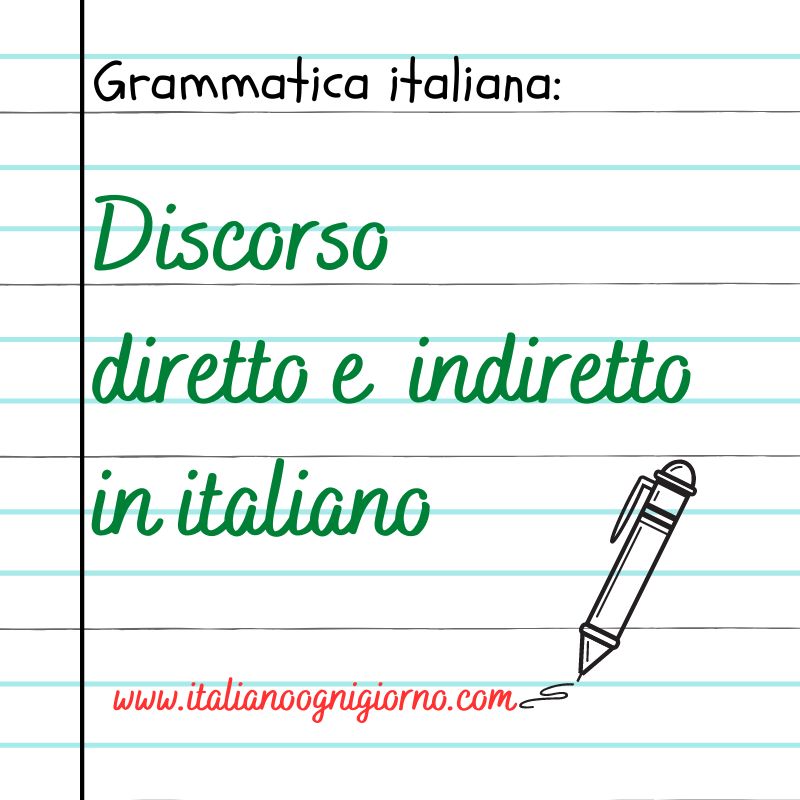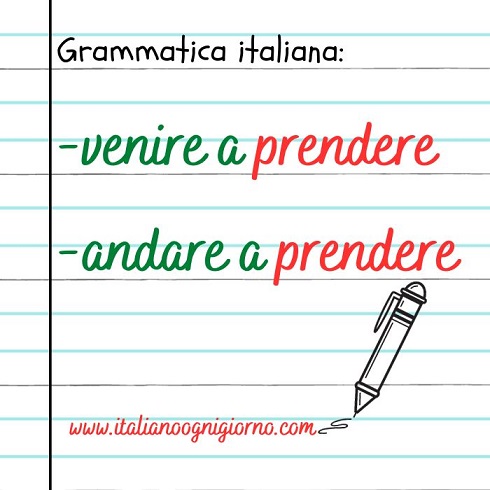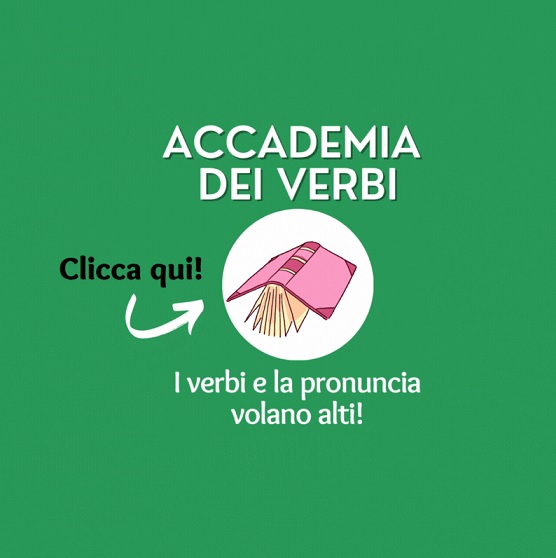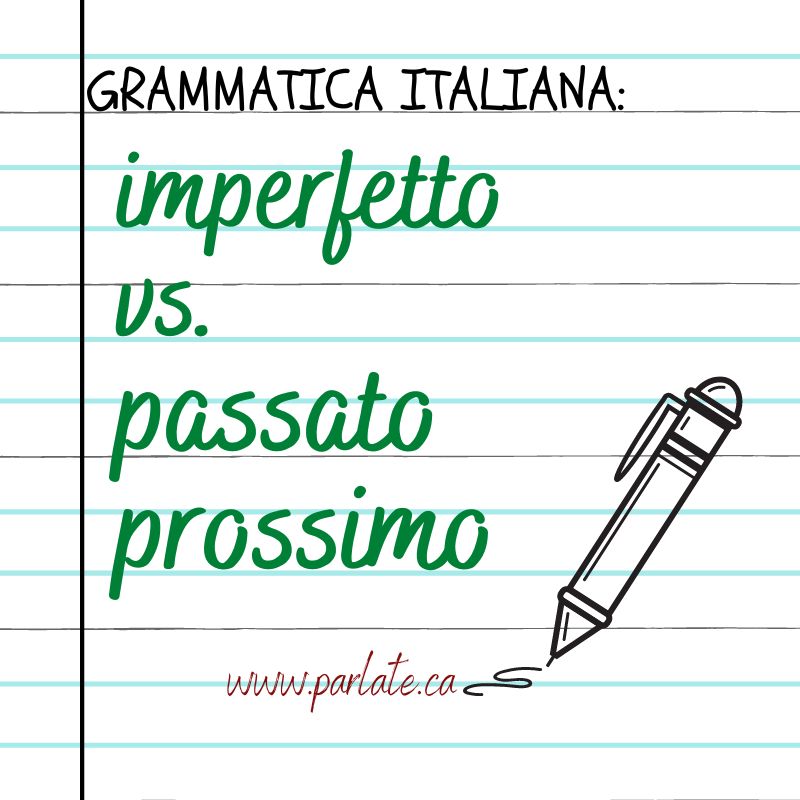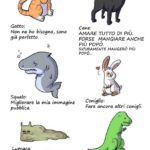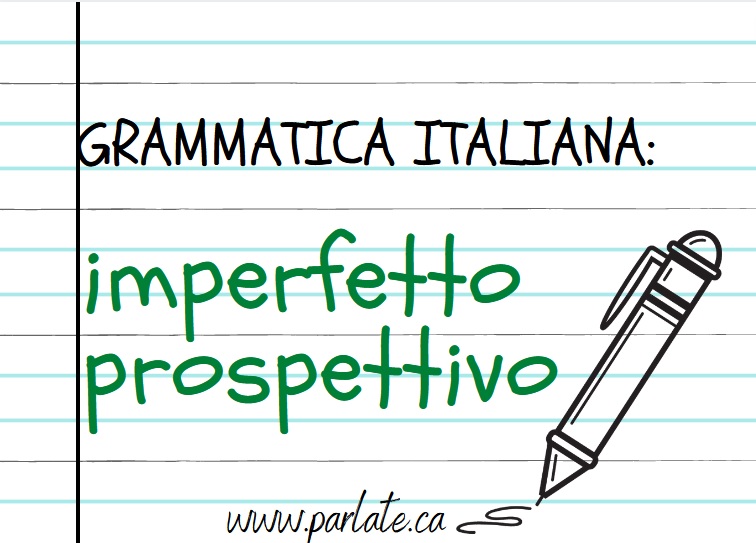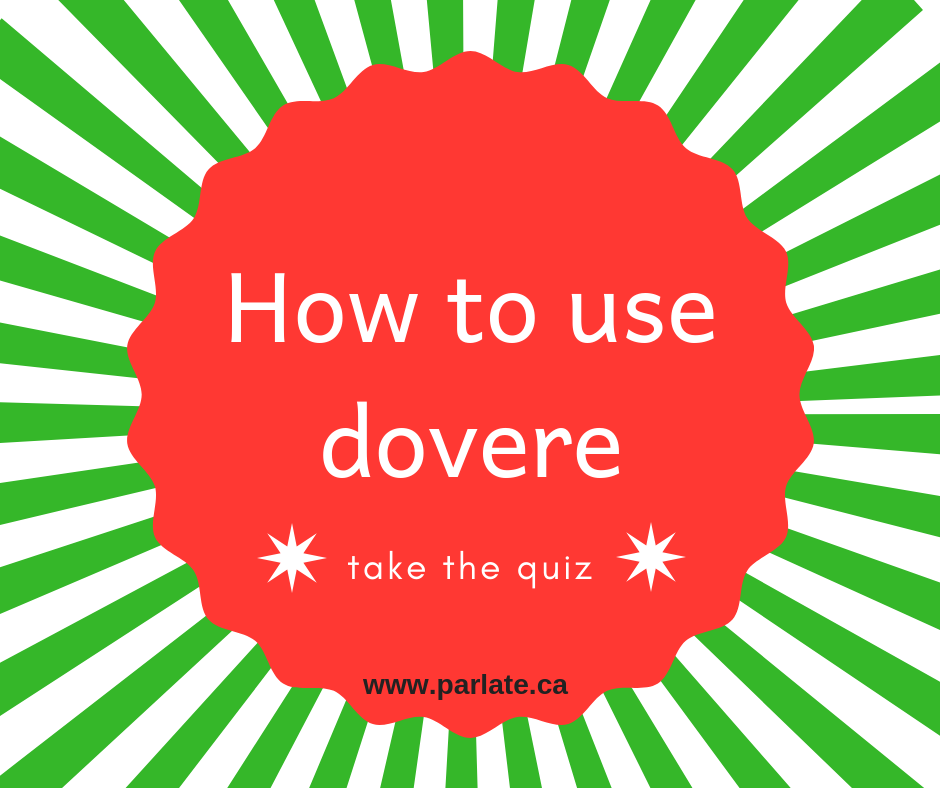(English follows)
Come funzionano il discorso diretto e il discorso indiretto?
Per esprimere quello che viene detto da qualcuno si usano due modi differenti: il discorso diretto (frasi dette) e il discorso indiretto (frasi riportate)
1) Maria: “Vai a casa!” – discorso diretto
2) Maria ha detto di andare a casa. – discorso indiretto
Nell’esempio qui sopra abbiamo due frasi diverse:
Nella prima frase vengono scritte esattamente le parole pronunciate da Maria; Maria dice a qualcuno di andare a casa.
Mentre nel secondo caso un narratore riporta la frase di Maria.
DISCORSO DIRETTO
Nel discorso diretto si trascrivono le stesse parole pronunciate dai soggetti all’interno di segni grafici distintivi (< > , ” “ , – ).
Il discorso diretto può essere introdotto dai due punti ( : ).
IL DISCORSO INDIRETTO
Nel discorso indiretto si racconta ciò che è stato detto, introdotto di norma con “che“, “a“, “di“, “se“.
DA DIRETTO A INDIRETTO
Un discorso diretto può trasformarsi in un discorso indiretto (e viceversa), ma per avere una frase comprensibile e grammaticalmente corretta si devono cambiare i segni di punteggiatura, i pronomi, i tempi e i modi verbali e gli eventuali aggettivi.
| Regola | Discorso diretto | Discorso indiretto |
| presente -> imperfetto | Lucia ha detto: “vado a Milano”. | Lucia ha detto che andava a Milano. |
| passato prossimo -> trapassato prossimo | Lucia ha detto: “sono andata a Milano”. | Lucia ha detto che era andata a Milano. |
| futuro -> condizionale passato | Lucia ha detto: “andrò a Milano”. | Lucia ha detto che sarebbe andata a Milano. |
| condizionale presente -> condizionale passato | Lucia ha detto: “andrei a Milano”. | Lucia ha detto che sarebbe andata a Milano. |
| imperfetto -> imperfetto | Lucia ha detto: “andavo a Milano”. | Lucia ha detto che andava a Milano. |
| imperativo -> infinito | Lucia ha detto: “andiamo Milano”. | Lucia ha detto di andare a Milano. |
Prova ad esercitarti: scrivi nei commenti sotto una frase in discorso diretto e trasformala in discorso indiretto.
Scarica qui il programma dei primi 4 moduli dell’Accademia dei Verbi.
Fai alcune lezioni gratuite.
English version
How do direct speech and indirect speech work?
Two different ways are used to express what someone says: direct speech (spoken sentences) and indirect speech (reported sentences).
1) Maria: “Vai a casa!” – direct speech
– Maria: ” Go home!”
2) Maria ha detto di andare a casa. – indirect speech
– Maria said to go home.
In the example above we have two different sentences:
In the first sentence the exact words spoken by Mary are written; Maria tells someone to go home.
While in the second case a narrator reports Maria’s sentence.
DIRECT SPEECH
In direct speech, the same words pronounced by the characters are transcribed within distinctive graphic signs (< > , ” ” , – ).
Direct speech can be introduced by colons ( : )
INDIRECT SPEECH
In indirect speech we tell what has been said, usually introduced with “che“, “a“, “di“, “se“. (“that”, “to”, “of”, “if”)
FROM DIRECT TO INDIRECT
Direct speech can transform into indirect speech (and vice versa), but for the sentence to be understandable and grammatically correct, the punctuation marks, pronouns, tenses and verbal forms and any adjectives must be changed.
| Regola | Discorso diretto | Discorso indiretto |
| presente -> imperfetto | Lucia ha detto: “vado a Milano”. | Lucia ha detto che andava a Milano. |
| passato prossimo -> trapassato prossimo | Lucia ha detto: “sono andata a Milano”. | Lucia ha detto che era andata a Milano. |
| futuro -> condizionale passato | Lucia ha detto: “andrò a Milano”. | Lucia ha detto che sarebbe andata a Milano. |
| condizionale presente -> condizionale passato | Lucia ha detto: “andrei a Milano”. | Lucia ha detto che sarebbe andata a Milano. |
| imperfetto -> imperfetto | Lucia ha detto: “andavo a Milano”. | Lucia ha detto che andava a Milano. |
| imperativo -> infinito | Lucia ha detto: “andiamoa Milano”. | Lucia ha detto di andare a Milano. |
Try to practice: write a sentence in direct speech in the comments below and transform it into indirect speech.
- Come si usa il gerundio

- 32 frasi ipotetiche del primo tipo in italiano

- Una rassegna: Cosa abbiamo studiato in italiano nel 2024?

- Esercizio di pronuncia italiana: 20 scioglilingua

- 32 frasi ipotetiche del secondo tipo in italiano

- 25 verbi riflessivi in italiano

- 60 verbi italiani per viaggiare #2

- 60 verbi italiani per viaggiare #1

- Dieci verbi per l’estate


